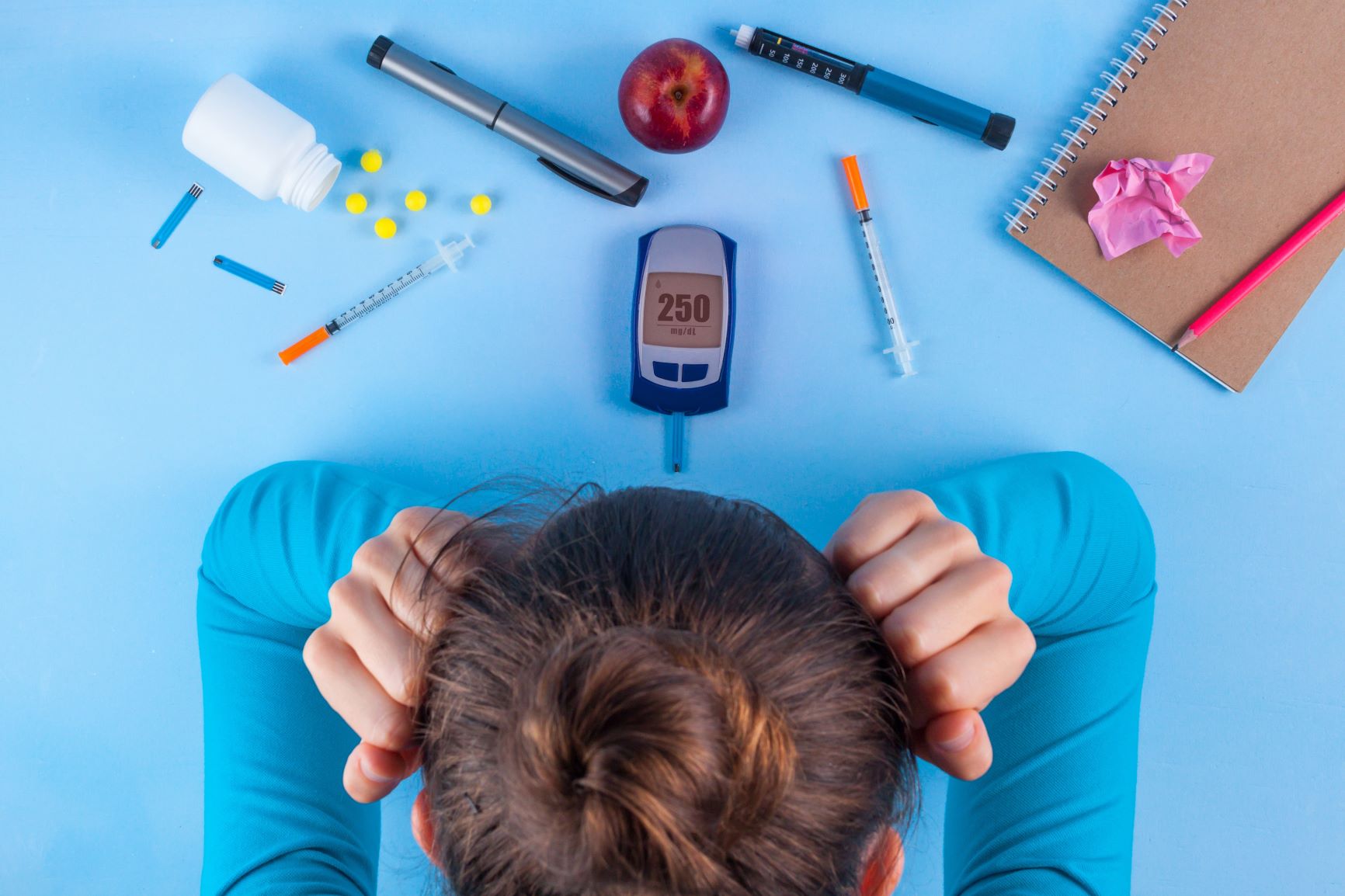Asia-Pacific Insights
Exploring the latest trends and news in the Asia-Pacific region.
Diabetes: Sweet Surrender or Bitter Battle?
Uncover the truth about diabetes—is it sweet surrender or a bitter battle? Join the journey to better health and lifestyle choices!
Understanding Diabetes: Causes, Symptoms, and Management
Understanding Diabetes is crucial for managing this increasingly common condition. Diabetes occurs when the body cannot properly process food for use as energy, resulting in high blood sugar levels. There are mainly two types: Type 1 diabetes, which is often diagnosed in children and young adults due to an autoimmune response that destroys insulin-producing cells, and Type 2 diabetes, which is more common and typically associated with lifestyle factors such as obesity and physical inactivity. The causes of diabetes can be various, including genetic predisposition, obesity, poor diet, and lack of exercise.
The symptoms of diabetes can vary, but they often include excessive thirst, frequent urination, fatigue, and blurred vision. Early detection is essential, as unmanaged diabetes can lead to severe complications such as heart disease, kidney failure, and nerve damage. Management of diabetes revolves around a few key strategies: monitoring blood sugar levels, adhering to a balanced diet, incorporating regular physical activity, and, when necessary, taking medications or insulin therapy. By understanding the causes, recognizing the symptoms, and implementing effective management strategies, individuals with diabetes can lead healthier and more fulfilling lives.

The Sweet Side of Diabetes: How to Enjoy Treats Responsibly
Living with diabetes doesn't mean you have to say goodbye to sweets forever. Enjoying treats responsibly is possible by making informed choices and moderation. One way to do this is by opting for diabetic-friendly desserts that replace sugar with natural sweeteners. Additionally, portion control is essential; indulging in a small piece of dark chocolate or a few berries can satisfy your sweet tooth without overwhelming your blood sugar levels.
Another fun way to enjoy treats is by incorporating healthy alternatives into your recipes. For instance, try using mashed bananas or applesauce in baked goods for added sweetness without the extra sugar. Remember to read nutrition labels carefully and choose snacks that are high in fiber and low in refined carbohydrates. By being mindful and creative in your approach to treats, you can embrace the sweet side of diabetes while keeping your health a priority.
Is Diabetes Reversible? Exploring the Latest Research and Insights
The question of whether diabetes is reversible has gained significant attention in recent years as new research sheds light on the complex mechanisms underlying this chronic condition. Type 2 diabetes, in particular, has shown potential for reversal through lifestyle changes and medical interventions. A growing body of evidence suggests that individuals who adopt a healthy diet, engage in regular physical activity, and achieve sustainable weight loss may be able to significantly improve their blood sugar levels and, in some cases, maintain remission from diabetes.
Recent studies emphasize the importance of early intervention and the role of metabolic health in managing diabetes. Research indicates that individuals diagnosed with diabetes within a short timeframe—typically less than five years—have a greater chance of reversing their condition. Experts recommend a combination of strategies, such as the Mediterranean diet and structured exercise programs, to enhance the likelihood of successfully managing and potentially reversing diabetes. As awareness grows, many healthcare professionals are reinforcing the idea that diabetes is not necessarily a lifelong condition, but a manageable and potentially reversible one.